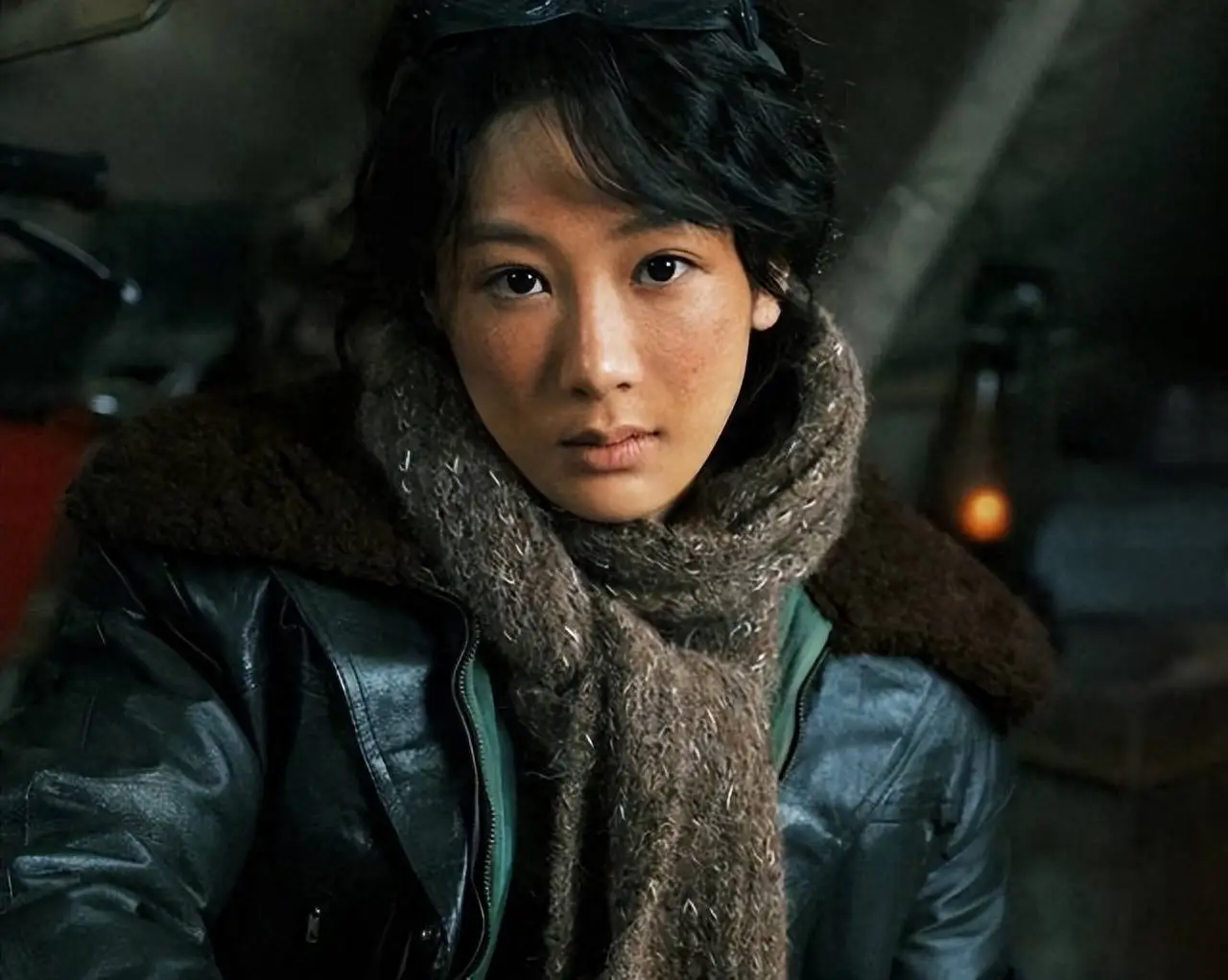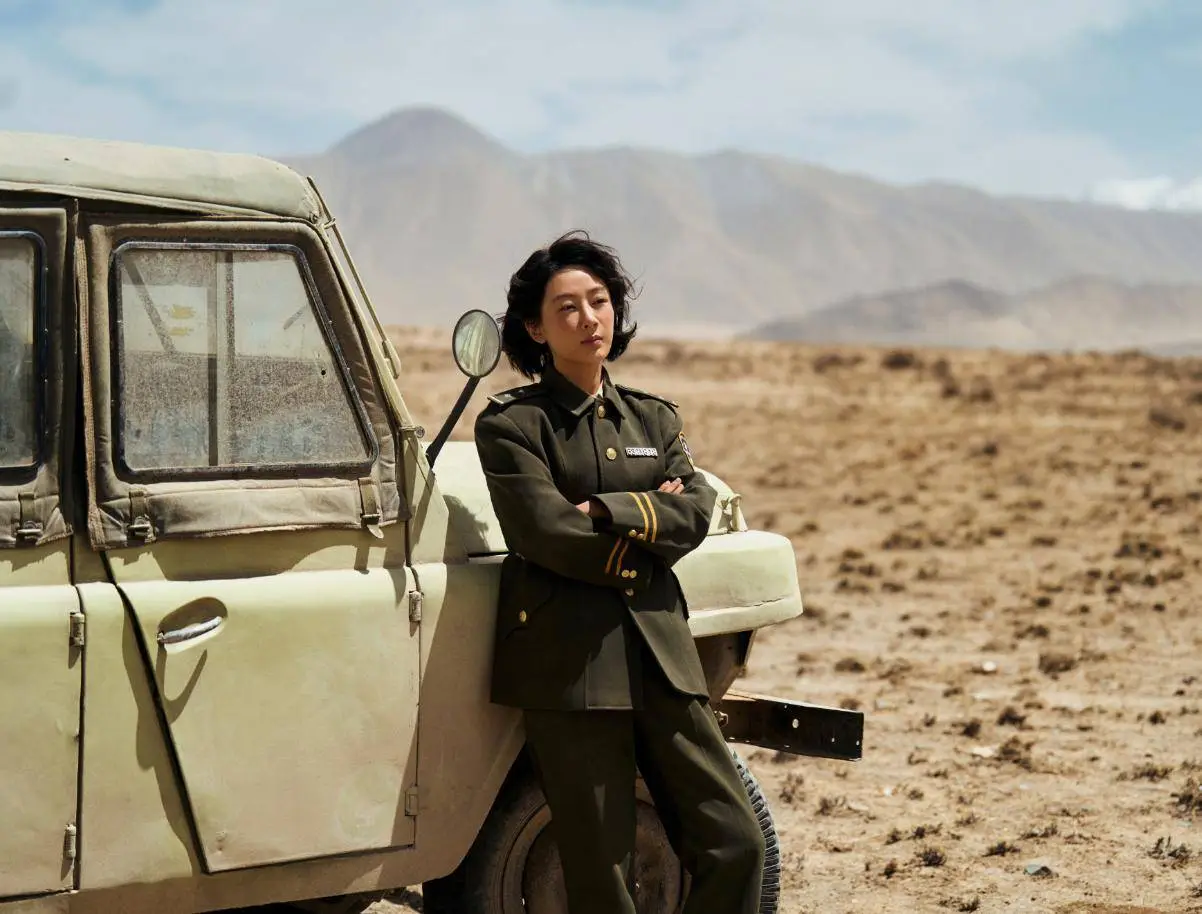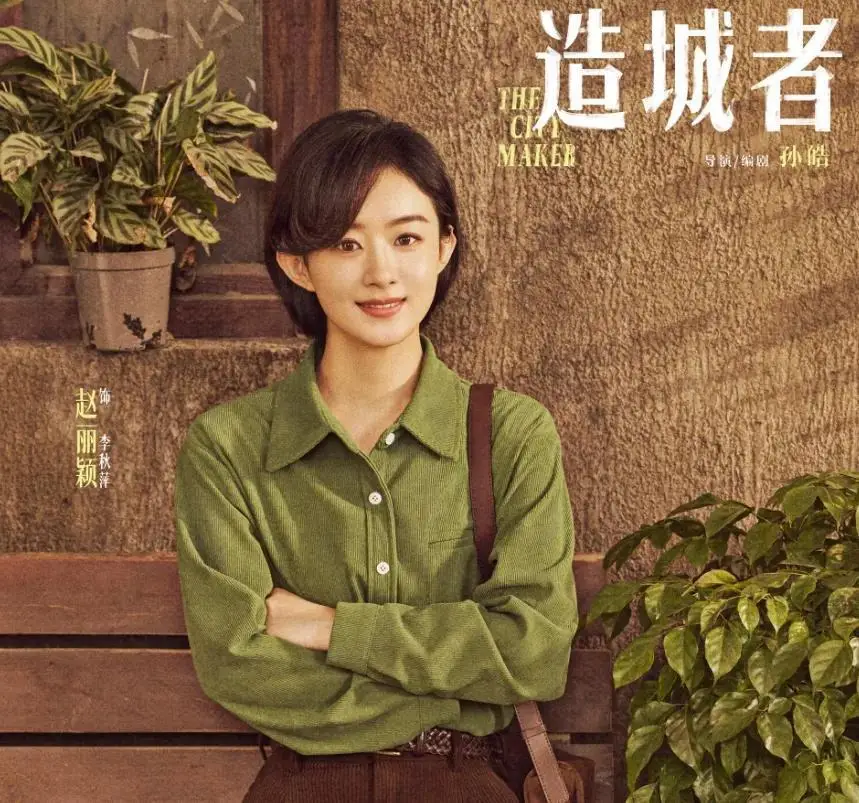In today’s bustling Chinese drama scene, every upcoming series feels like a grand event. The arrival of Zhao Liying with 《造城者》 and Yang Zi with 《生命树》 has sparked significant buzz—even before either drama has aired. These two leading actresses, both known for their commercial appeal and acting range, have now chosen to dive into the genre of serious, socially grounded dramas, prompting inevitable comparisons from media and fans alike.


From a production perspective, 《造城者》 is backed by a strong creative team. The series is directed by Sun Hao, known for his work on 《庆余年》, and written by Yuan Keping, the screenwriter behind 《大江大河》. Sun Hao’s talent for constructing grand narratives and portraying ensemble casts complements Yuan Keping’s expertise in period and socio-political storytelling. Together, they lay the foundation for a drama that is expected to deliver both scale and substance, focusing on rural development and societal transformation.

In contrast, 《生命树》 is produced by Daylight Entertainment, a name practically synonymous with quality television in China. The series is directed by Li Xue, who received widespread acclaim for 《山海情》, a drama praised for its emotional depth and realism. While the screenwriter has not yet been announced, the Daylight team has built strong audience trust through its consistently high production standards. 《生命树》 centers on themes of poverty alleviation and ecological protection, exploring the delicate balance between policy, livelihood, and environment.

When it comes to casting, both dramas feature impressive lineups. In 《造城者》, Zhao Liying takes on the role of Li Qiuping, a bold and driven rural cadre. Set photos show her in a natural, unglamorous look, a departure from her usual idol image, and a move that has been widely praised as a sign of professional commitment. Opposite her is Huang Xiaoming as town committee secretary Chen Decheng. The supporting cast includes Chen Minghao, Zhu Yuanyuan, Qin Junjie, Geng Le, and Yu Ailei—well-known for their solid performances across film and television.

In 《生命树》, Yang Zi plays Bai Ju, a grassroots worker in a rural area. She appears on screen with a bare face and visible signs of “plateau red,” emphasizing the physical demands of the setting and her immersive portrayal. Hu Ge makes a special appearance as a mountain patrol captain. Though his screen time may be limited, his presence alone brings high visibility and strong acting credibility. Additional cast members such as Li Guangjie and Zhang Zhehua further strengthen the project.
Stylistically, the two dramas take different approaches. 《造城者》 is expected to emphasize narrative tension and large-scale transformation, portraying conflicts and progress during pivotal developmental stages. 《生命树》 leans more toward emotional storytelling rooted in realism, highlighting the everyday experiences of rural workers and their communities. While one focuses on structural depth, the other offers a softer, human-centered lens—each resonating with a different demographic.
Currently, 《造城者》 holds an advantage in its blend of seasoned cast members and epic storytelling scope. Meanwhile, 《生命树》 benefits from the trusted Daylight brand and the fanbase magnetism of both Yang Zi and Hu Ge, giving it strong appeal among younger viewers and fans of high-quality modern dramas. With trailers, behind-the-scenes content, and online discussions already circulating, both series are building momentum long before their official release.
Whether Zhao Liying or Yang Zi emerges as the standout in this round remains to be seen. What’s clear is that both 《造城者》 and 《生命树》 reflect a shift in the industry, where top-tier actresses are now choosing substance over surface, engaging with meaningful narratives that mirror contemporary issues. Regardless of who ultimately wins the ratings battle, the audience is sure to benefit from this wave of high-caliber, socially relevant storytelling.